Don’t Believe Everything You Think by Joseph Nguyen
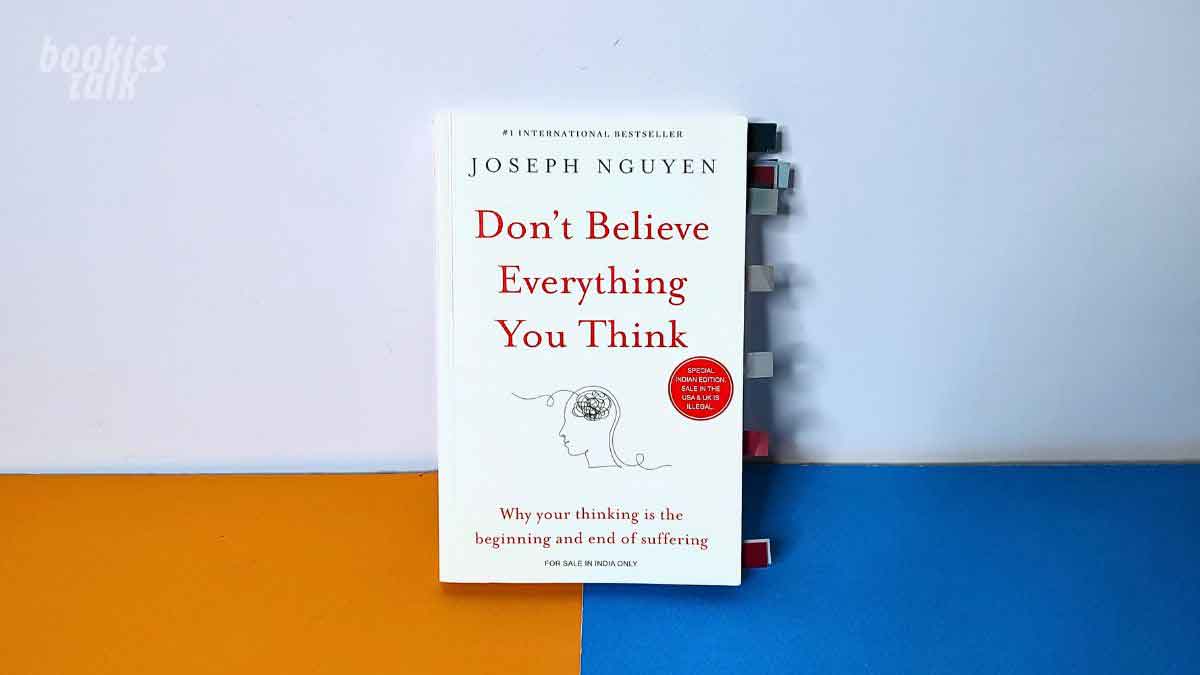
Every day, the human brain generates around 70,000 thoughts. If you start reacting to every single one, those thoughts will consume you from the inside, and you’ll lose control of reality.
In Don’t Believe Everything You Think, Joseph Nguyen gives you a clear idea of how you can free yourself from your thoughts and live a happy life grounded in reality.
This book is all about how a single thought can make your life happier and how a single thought can also destroy your life.
Enter your email address To join the newsletter. I will be with you every Sunday at 9:00 AM (IST). See you on Sundays.
Book in Five Sentences
- Thinking about buying a new smartphone might seem harmless, but once the thought kicks in, your mind will start gathering all the details—how much money you have, what features you want, and a lot more. That’s why you need to be careful about what you see, hear, and say.
- Words are just words, so don’t let them trigger you. If someone says something bad about you or your family, you don’t have to react.
- Not every thought needs your attention. Focus on what actually matters in your life instead of wasting energy on random thoughts.
- You don’t need to believe everything you see, hear, or say. Always question what’s real and what’s not.
- Stay in the present, and your life will start getting better.
Don’t Believe Everything You Think Summary
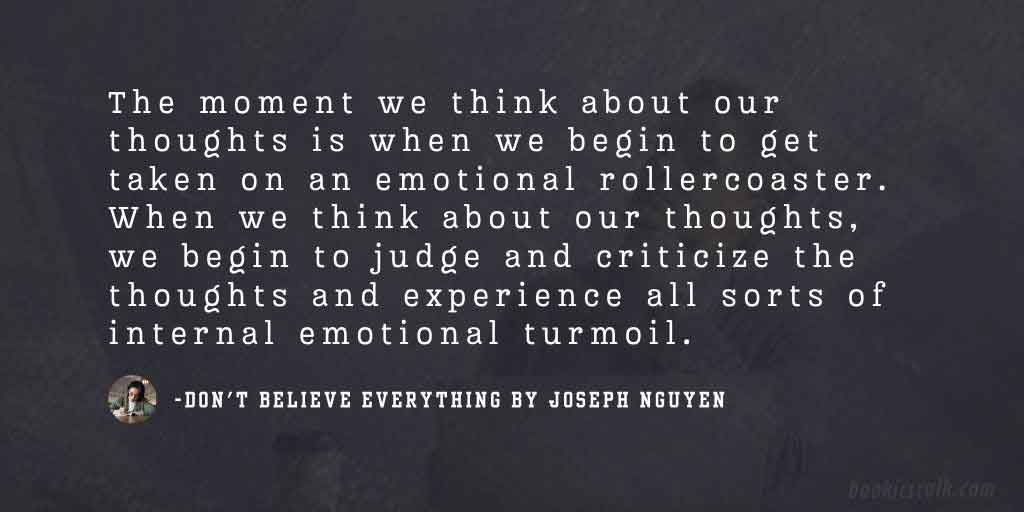
Thoughts aren’t reality, yet we spend so much time thinking about what we don’t have while ignoring what we already do.
Now imagine this: out of the 70,000 thoughts we have every day, you start questioning every single one—
- Am I happy with my job?
- Am I spending money wisely?
- Is my diet good for me?
- Am I earning enough?
- How’s my relationship with my family?
- What am I doing with my life?
It’s exhausting, right? So, how can you focus on what truly matters when your mind keeps jumping to thoughts about money, s*x, p*rn, exam results, the future, or even how much you hate your job?
Here’s the key: shift your focus to improving your life daily. Exercise, read books, spend time with family, solve problems, and find happiness in what you already have.
You will always have thoughts about what you see, hear, and say but that doesn’t mean you need to react to each one. Be aware of your thoughts and decide where to invest your energy.
Thoughts make us human but that doesn’t mean, every thought you have is important.
When you learn to observe your thoughts without reacting, you’ll stop being a prisoner of overthinking. You’ll stay grounded in reality and see thoughts for what they are—just thoughts, nothing more.
Takeaway 1: Thoughts Will Come and Go, The Keyword is Thinking
Let’s say you hate your job. Now you’ve got two choices:
- Quit and find a job you love.
- Take a step back, figure out why you hate your job, and ask yourself—do you truly hate it, or are you just overthinking it?
Remember, every problem has a solution. Often, we know the solution but hesitate to act out of fear. In this case, fear might sound like:
- “What if I don’t find another job?”
- “What if my next job pays less?”
- “What if I have to move to a new city?”
These “what ifs” can paralyze you, making the problem seem bigger than it is. Instead of being stuck in these thoughts, focus on solving the problem.
Maybe you’re bored doing the same tasks every day, need a break to recharge, or you’re comparing your life to others on social media. Identify the root cause before making big decisions.
Here’s the truth: love, hate, like, dislike—these are just words we’ve attached meaning to. A thought like “I want to quit my job” is harmless on its own. But if you dwell on it without questioning it, you’ll spiral into overthinking:
- “What if I fail?”
- “What if things get worse?”
- “What if I regret it?”
This overthinking zone is a trap. Instead of letting thoughts take control, ask yourself the right questions, find solutions, and act on them.
A thought is only harmful when you let it consume you. Question it, understand it, and you’ll free yourself from the endless cycle of worry.
Takeaway 2: Always Question Your Belief
Your mind doesn’t know what’s right or wrong—you decide that based on your experiences, from the day you were born.
For example, let’s say your parents tell you that God doesn’t exist. As you grow older, you might do your own research and realize that no one has the final answer about whether God exists.
On the other hand, if your parents told you that God does exist and people are created by God, you’d believe in that idea too.
You’d probably read every book that confirms your belief in God, and as time goes on, you wouldn’t even question the possibility that God might not exist.
This is why it’s so important to question your beliefs, no matter where they come from. Sometimes, you may not find a clear answer, but by questioning everything, you’ll be able to see every side of the story before making your conclusion.
So, always ask questions. Your beliefs shape your life, and it’s crucial to understand why you believe what you do.
Takeaway 3: The Reaction Is The Key Point When You Get Angry
Let’s say someone said bad things about your parents. In that moment, you might get really angry and want to hit that person.
But if you were aware of the situation, you could have stepped back and smiled. After all, whether it’s a bad word or a good word, they’re just words.
For instance, if someone uses a bad word in Chinese or Sanskrit, you’d probably just ask, “What does that mean?” You wouldn’t get angry or hit the person because you don’t understand those languages.
Words are just words. It’s how you interpret them that matters. Whether they are “bad” or “good,” they have no power over you unless you let them.
Of course, sometimes things can get out of control. If someone gets physical, it’s natural to defend yourself. But when it’s just words, take a step back and remember—they’re only words. You don’t need to react to every single one.
Don’t Believe Everything You Think Review
Yes, definitely! You should read Don’t Believe Everything You Think. It gives you a clear idea of how your mind works and why you shouldn’t pay too much attention to every single thought you have.
It’s a simply written book, so it’s easy to understand what the author is trying to teach. Go read it and see how your thoughts and thinking really work!
Buy Don’t Believe Everything You Think:
Don’t Believe Everything You Think Quotes
Terrible and unfortunate events happen to people every single day. What I’m saying is that although we experience a lot of pain in our lives, suffering is optional.
Don’t Believe Everything, Page 15
We live in a world of thought, not reality. Sydney Banks once said, “Thought is not reality, yet it is through thought that our realities are created.”
Don’t Believe Everything, Page 25
It’s important to know that thoughts are nouns and aren’t something that we do, but something we have
Don’t Believe Everything, Page 41
The moment we think about our thoughts is when we begin to get taken on an emotional rollercoaster. When we think about our thoughts, we begin to judge and criticize the thoughts and experience all sorts of internal emotional turmoil.
Don’t Believe Everything, Page 43
What’s crazy is that most people didn’t have any thoughts going through their mind when they felt the happiest and the most amount of love in their lives. For those that had the thought that they were grateful, they felt that way before having that thought.
Don’t Believe Everything, Page 50
We function and perform our best and embody our full potential the moment we enter a state of non-thinking. Without thinking, we are free from the limitations of the ego and are able to create the most incredible things in the world. I am not asking you to adopt this belief, but to try it and experience it for yourself so that you gain the insight to make it your own.
Don’t Believe Everything, Page 73
Like everything in this world, there is nothing inherently good or bad; our thinking is what makes anything so. Goals, dreams, and ambitions are not good or bad, so it’s not really an either-or situation, but more about where those goals are coming from.
Don’t Believe Everything, Page 78
We are all connected to this pure, unconditional love, which is God, the Universe, or whichever name you choose to use. The only thing that gets in the way of this is our own thinking, which separates and cuts us off from that unconditional love.
Don’t Believe Everything, Page 93
The point is to not try to prevent your thinking from ever entering your mind but to shorten the time that it takes for you to remember that it is just your thinking that’s causing the negative emotions
Don’t Believe Everything, Page 100
You are only ever one thought away from peace, love, and joy-which come from a state of non-thinking
Don’t Believe Everything, Page 141
Love What You Read, You Might Like These too…
By the way, we also have a WhatsApp Channel! If you love reading, this is the perfect place for you to join—and the best part? It’s completely FREE!

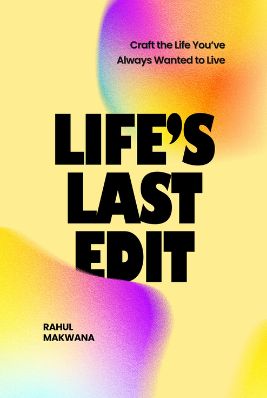
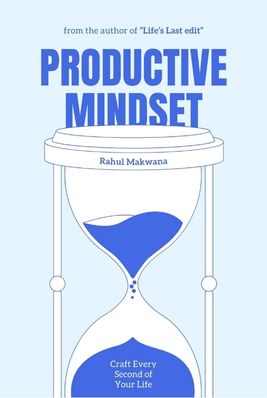
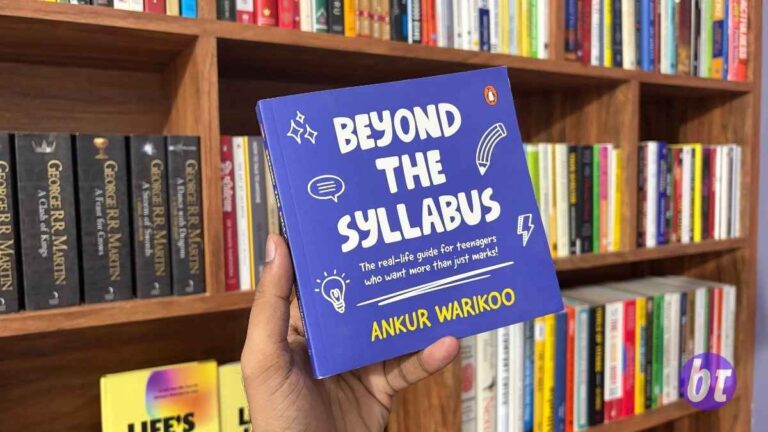
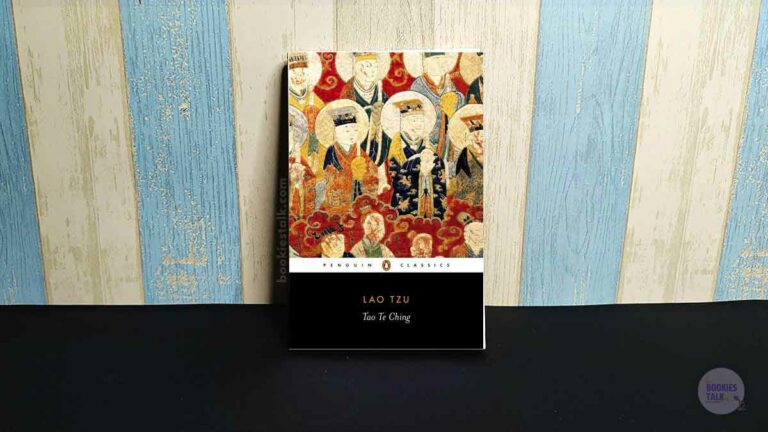
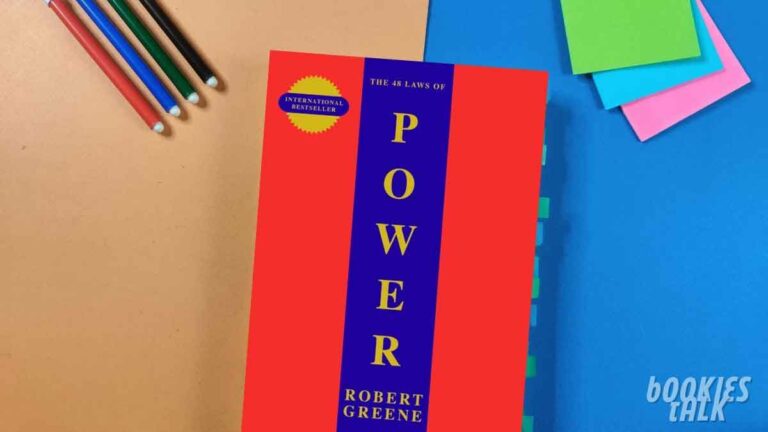
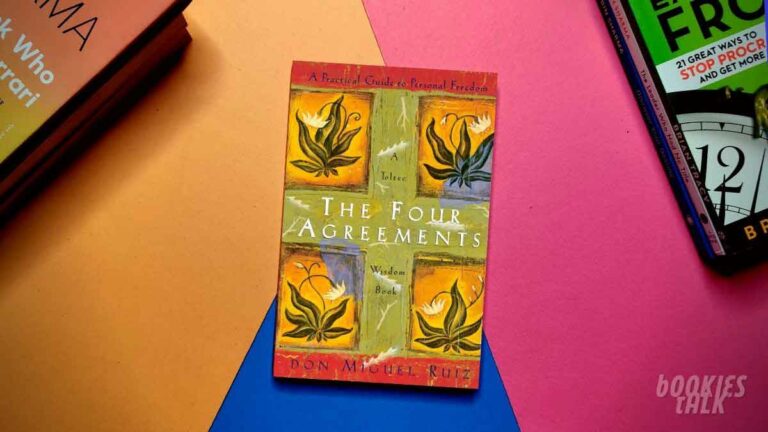
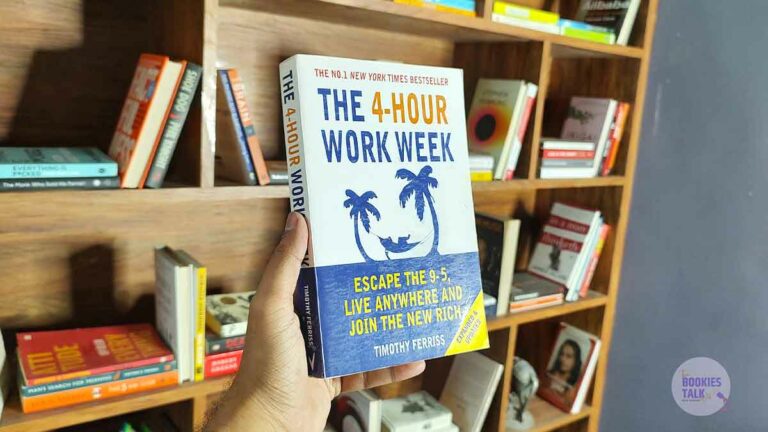
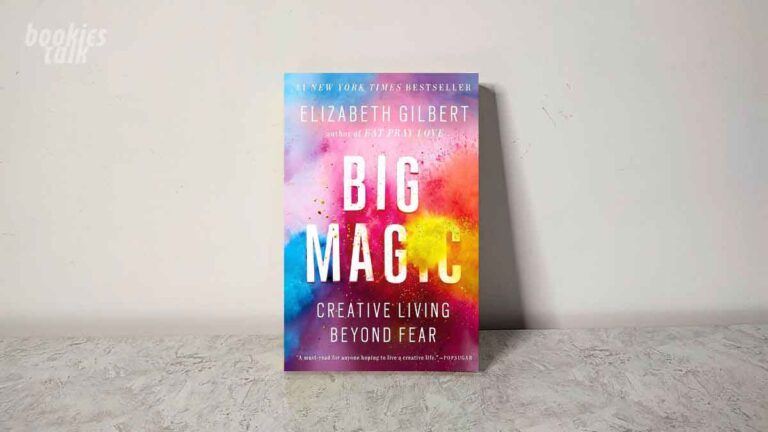
Hey “Bookies”
I love this place… I am 83, an avid reader, and happy to have found a place with short, interesting, useful information and summaries about all the books I strive to read. Helps me sift through and prioritize Thanks a bunch!
Judith Gates